Abstract
All health‐care systems are under financial pressure and many have therefore developed value frameworks to assist decision making regarding access to treatment. Unfortunately, many frameworks simply reflect the clinically focused values held by health‐care professionals rather than outcomes that also matter to patients. It is difficult to define one single homogeneous set of patient values as these are shaped by social, religious and cultural factors, and health‐care environment, as well as many factors such as age, gender, education, family and friends and personal finances. Instead of focusing on an aggregated set of values, frameworks should attempt to incorporate the broader range of outcomes that patients may regard as more relevant. Patient advocates are well placed to advise assessment bodies on how particular therapies will impact the patient population under consideration and should be closely involved in developing value frameworks. In this paper, a group of patient advocates explore the varying definitions of patient value and make positive recommendations for working together to strengthen the patient voice in this area. The authors call on framework developers, the patient advocacy and research communities, the health‐care industry and decision‐makers to undertake specific actions to ensure patient value is included in current and future value frameworks. This is justified on compassionate and economic grounds: better health outcomes result when patients receive treatment tailored to individual needs. Paying attention to the patient perspective also results in better use of resources—a goal that should appeal to all stakeholders.
Keywords: patient‐derived preferences, patient‐relevant values, patient‐reported outcomes, value frameworks
Biographies
Bonnie J Addario is an activist, advocate, educator and change agent, and is the founder of the Bonnie J. Addario Lung Cancer Foundation (ALCF) and the co‐founder of the Addario Lung Cancer Medical Institute (ALCMI). ALCF is one of the largest philanthropic organizations in the field providing free support to patients: the monthly live‐streaming series, for example, has been seen by over 800 000 in 144 countries. ALCF also establishes standards of care at Community Hospitals nationwide, reaching 3000 patients annually.
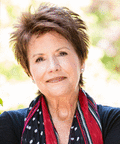
Ana Fadich is Vice President of the Men's Health Network, a patient advocate and certified health education specialist. She develops educational information and programs that are distributed through the MHN network and interacts with patients every day on a wide range of health topics. MHN has partners across the globe and sits on many global alliances representing the health and well‐being of thousands of men and boys.
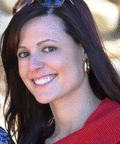
Jesme Fox is Medical Director of the Roy Castle Lung Cancer Foundation and a consultee to the National Institute of Clinical Excellence (NICE) for numerous health technology assessments of lung cancer‐related therapies. RCLCF has contact with lung cancer patients and carers through a network of over 50 lung cancer patient groups, online forums, information helpline and patient advisory panels.
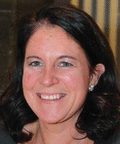
Linda Krebs is the author and co‐author of more than 125 peer‐reviewed manuscripts, book chapters, booklets and digital media products focusing on oncology care including survivorship, symptom management and health disparities. The ISNCC (International Society of Nurses in Cancer Care) has over 60 000 cancer nursing members who in turn reach numerous patients.
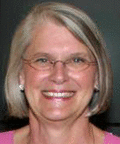
Deborah Maskens is a long‐time cancer patient, and an award‐winning advocate for cancer patients across Canada and Vice Chair of the International Kidney Cancer Coalition (IKCC) which represents over 1.2 million patients worldwide.
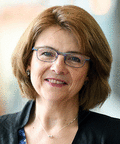
Kathy Oliver is the Chair and founding Co‐Director of the International Brain Tumour Alliance (IBTA), a global network ‐ with a reach to 111 countries ‐ founded in 2005 as a dynamic, worldwide community for brain tumor patient organizations and others involved in the field of neuro‐oncology. Kathy is a former caregiver to her son who was diagnosed with a brain tumor in 2004.
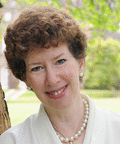
Erin Schwartz has a Master of Social Work and an international and multi‐ethic practice background. The Max Foundation is an international NGO that helps more than 35 000 cancer patients in over 75 low‐ and middle‐income countries to access targeted cancer therapies through donations.
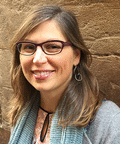
Gilliosa Spurrier‐Bernard represents over 400 melanoma patients in France and partners with other melanoma organizations in Europe.
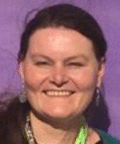
Timothy Turnham has worked with patients for four decades and most recently led the Melanoma Research Foundation, which engages with tens of thousands of patients around the world through in‐person meetings and online communities.
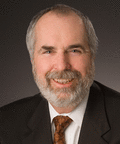
Fox J., et al. Patient value: Perspectives from the advocacy community. Health Expect. 2018;21:57–63. https://doi.org/10.1111/hex.12628
Funding information
Bristol‐Myers Squibb provided funding to support the writing and editing of this paper and provided a grant to ensure the paper was published with Open Access.


